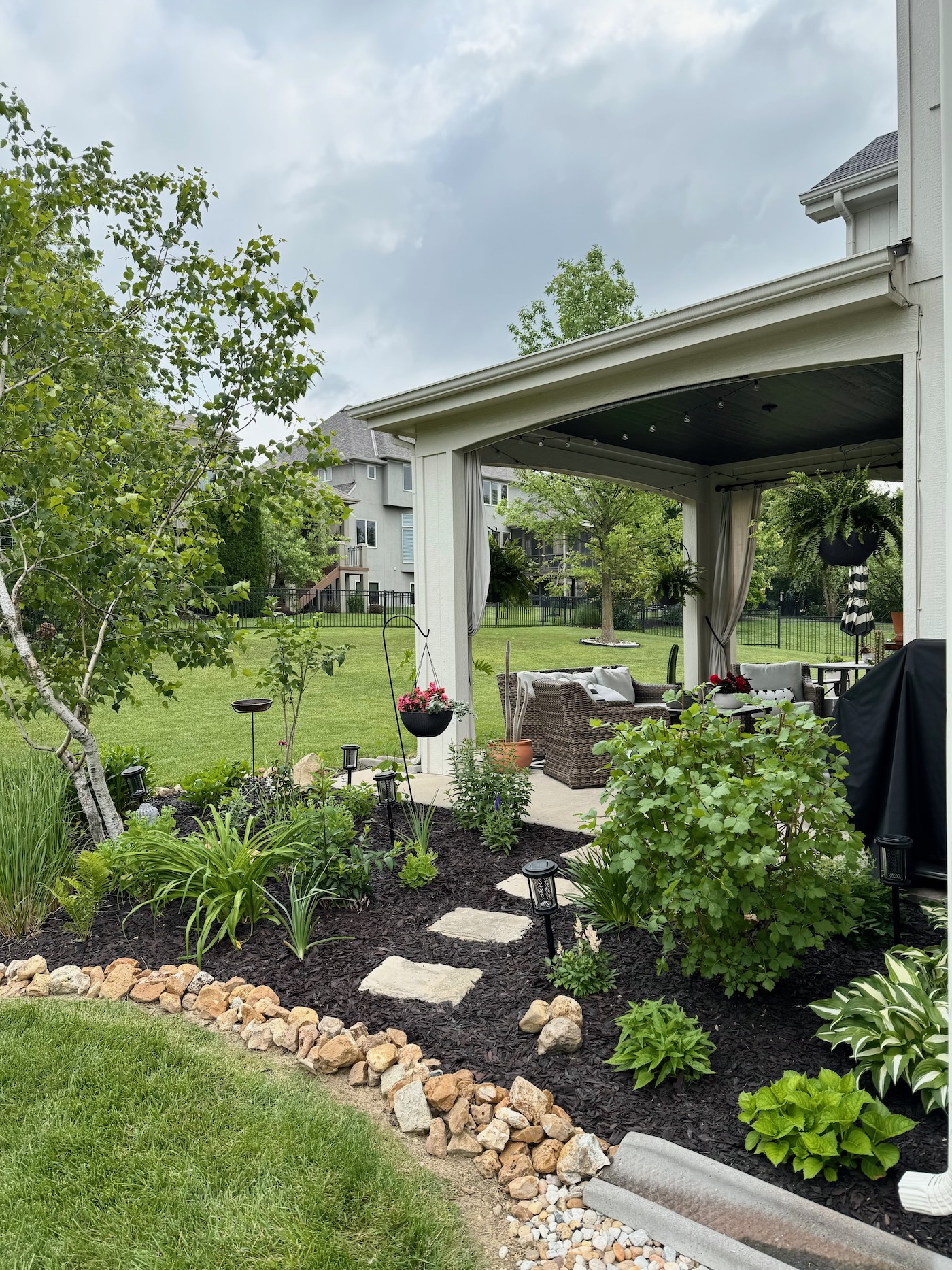Rise by Six: Your Daily Dose of Inspiration
Explore insights and stories that elevate your day.
Landscaping Like a Pro: Foolproof Tips That Actually Work
Transform your yard effortlessly! Discover pro-level landscaping tips that guarantee stunning results and impress your neighbors.
Essential Tools Every Pro Landscaper Swears By
As a professional landscaper, having the right tools at your disposal is crucial for efficiency and delivering high-quality results. Whether you're dealing with hardscaping, softscaping, or maintenance tasks, the **essential tools** every pro landscaper swears by include items like loppers, pruners, and edgers. These tools not only help in maintaining a clean and neat appearance in landscapes but also ensure that the health of plants is preserved. Investing in high-quality instruments can drastically reduce time spent on projects and enhance the overall professional output.
In addition to the basics, specialized equipment like landscape rakes and garden tillers play pivotal roles in heavy-duty tasks. Many professionals also recommend using handheld blowers for efficient debris removal and string trimmers for precise edging around flower beds and pathways. Keeping these essential tools organized and in good working condition is vital, as they form the backbone of any successful landscaping operation. With the right equipment, landscapers can tackle any project with confidence and skill.

How to Choose the Right Plants for Your Climate
Choosing the right plants for your climate is essential for creating a thriving garden. Understanding your local climate is the first step in this process. Different regions have varying temperatures, humidity levels, and rainfall patterns, which all affect plant growth. Start by identifying your USDA Hardiness Zone, which provides detailed information on the average minimum winter temperatures in your area. This knowledge will help you select plants that are well-suited to your specific environmental conditions.
Once you have determined your hardiness zone, consider the amount of sunlight and type of soil in your garden. Some plants require full sun while others thrive in shaded areas. Additionally, assess your soil's drainage and fertility, as these factors can greatly influence plant health. Create a list of suitable plants based on these criteria, and don't hesitate to choose native species, as they are typically more resilient and better adapted to local climates. By doing your homework and carefully selecting plants, you will foster a vibrant and sustainable garden.
Top 5 Landscaping Mistakes to Avoid and How to Fix Them
Creating a beautiful landscape can significantly enhance your property’s curb appeal, but avoiding common mistakes is essential for achieving the best results. Here are the Top 5 Landscaping Mistakes to Avoid:
- Neglecting soil health: Poor soil quality can hinder plant growth and lead to unsightly patches. To fix this, conduct a soil test and amend it with organic matter.
- Choosing the wrong plants: Selecting plants that aren't suited for your climate can result in failure. Always research plant hardiness zones before purchasing.
- Over-planting: Cramming too many plants into a small area can cause competition for resources. Instead, design your layout thoughtfully to allow for growth.
The mistakes don’t stop there.
- Ignoring maintenance needs: Some plants require more upkeep than others. Choose low-maintenance options if you have a busy schedule.
- Improper watering: Over or under-watering can damage plants. Implement a proper irrigation system tailored to your landscape's needs.